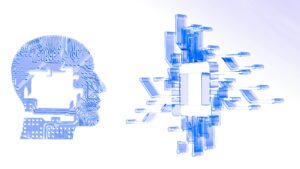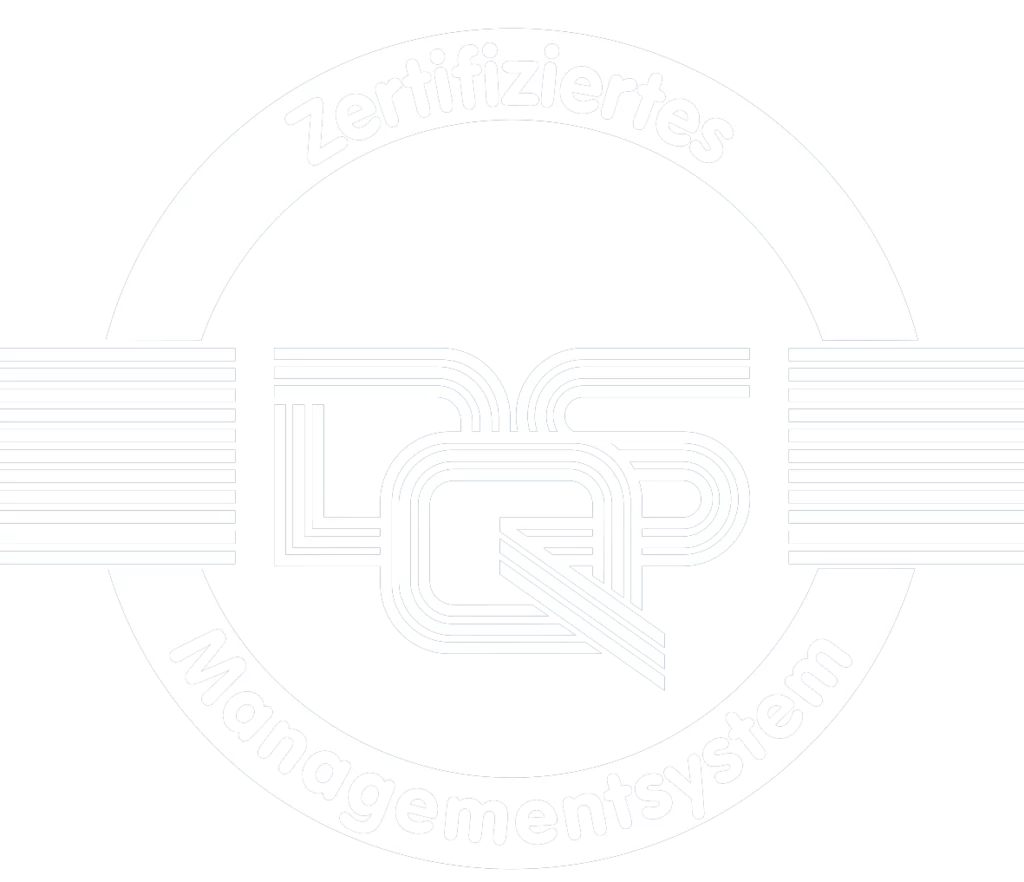Fear of mathematics, or a sense of not having ‘a mathematical mind’, are among the most common feelings that can hold back someone wishing to learn data science.
But exactly how well-grounded are these fears? In this article, we will look at what type of maths is used in this discipline, and how much of it you should learn before starting a data science bootcamp or any similar course in the subject.
CONTENTS
- Is Data Science Math Hard?
- What Types Of Math Do Data Scientists Need To Know?
- Calculus and Algebra
- Statistics
- Do I Have To Be Good At Maths For Data Science?
Is Data Science Math Hard?
In the more advanced fields (particularly academia), the mathematics used in data science can get very complicated indeed. For those using data science in the business world, however, it’s generally a lot simpler.
A lot of the work to be done in data science involves using and understanding tools which can do the mathematical calculations for you.
However, while you do not need to be able to perform difficult calculations yourself, you do need a reasonably solid conceptual grasp of the mathematical concepts you are working with. These will involve the fields of mathematics that we will explore in the next section.
What Types Of Math Do Data Scientists Need To Know?
1. Calculus and Algebra
You probably already know that data scientists frequently work with charts, graphs and other similar methods of visualizing data.
There are two branches of mathematics involved in using these objects and methods, and they are calculus and algebra. (Algebra, and more precisely linear algebra, also has other uses in data science, but we will not go into that level of detail here).
Calculus and algebra are both taught in high school, and at the level necessary to start learning data science, they certainly do not require an outstanding mathematical mind.
You’ll just have to brush up on some of the notation they come packaged in: understanding something like sigma notation, which is simpler than you probably think, will be the difference between understanding a piece of code and feeling totally overwhelmed by it.
You may have a job that requires you to write in Python and make some slides, but you’ll also want to read stuff that is written in the language of calculus.
2. Statistics
The above two branches aside, surely the field of mathematics that is most relevant to data science is statistics. This is the one case in which simply brushing up on the general concepts won’t cut it – statistics is really relevant to a great deal of what is done in data science.
Don’t let this intimidate you though, especially as the concepts involved in statistics are generally simpler and more intuitive than those in the other two fields. But if you haven’t studied statistics at all, then you should definitely set aside some time and become familiar with things like standard deviation and variance before you start on your first data science lesson.
Do I Have To Be Good At Maths For Data Science?
The above topics, researched more or less to the level you’d encounter in high school (including statistics), are sufficient to start picking up the rudiments of data science.
Of course, if you want to work in the forefront of the field and discover innovative methods and principles, you’ll need more sophisticated mathematics.
But it’s important to remember that not all data science is strictly speaking science, in the sense of discovery-based experiments taking place in universities.
Much if not most of it takes place within business contexts, where the requirements are substantially simpler. It is in fact more common for beginners to complain that the tasks they are given in the early part of their careers are too simple for their qualifications!
That a minimum level of mathematics is required to learn data science is something which should not be obscured: if a student really can’t stand working with numbers in any way, shape or form, then for their own good they should probably consider a field other than data science.
On the other hand, if someone would like to try, but feels that they don’t have ‘the mathematical mind’ for it, they should definitely look into reopening some of their old high school textbooks. There is a minimum maths bar to access the world of data science, that is true. But many people would be surprised at how low that bar really is.
Thinking of learning data science yourself? Check out our Data Science bootcamp for the fastest route into a tech career.






